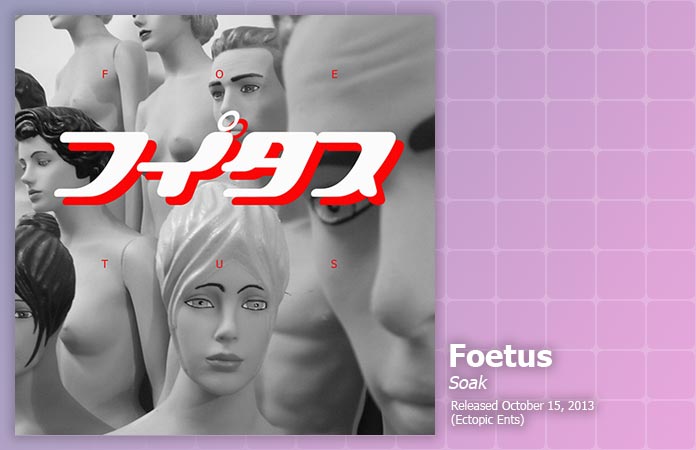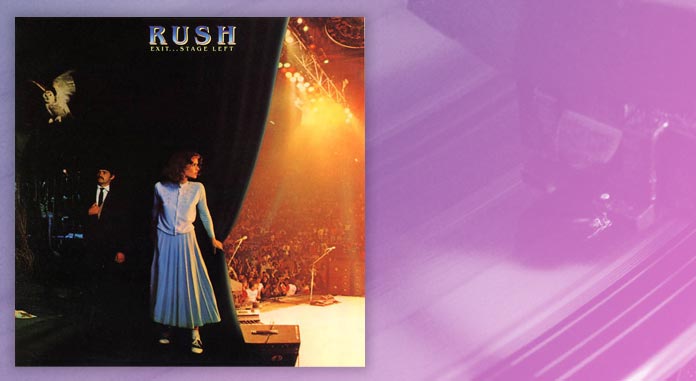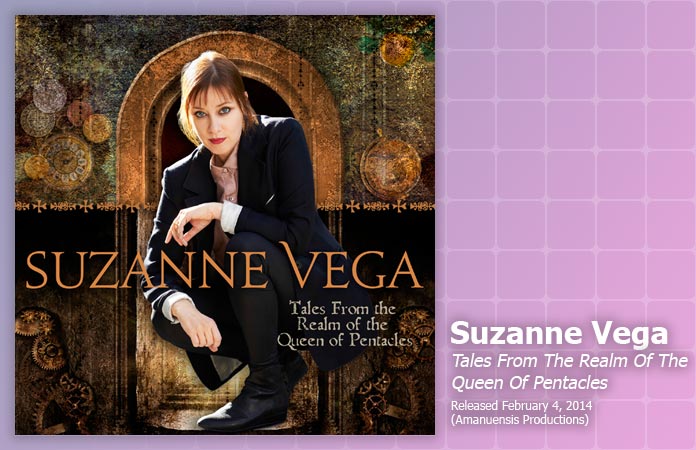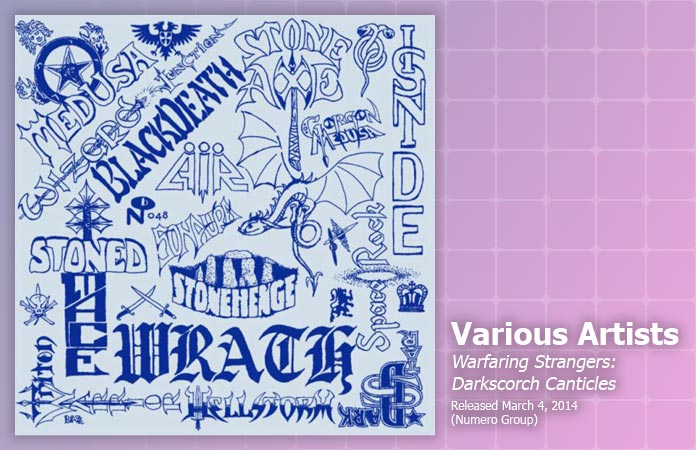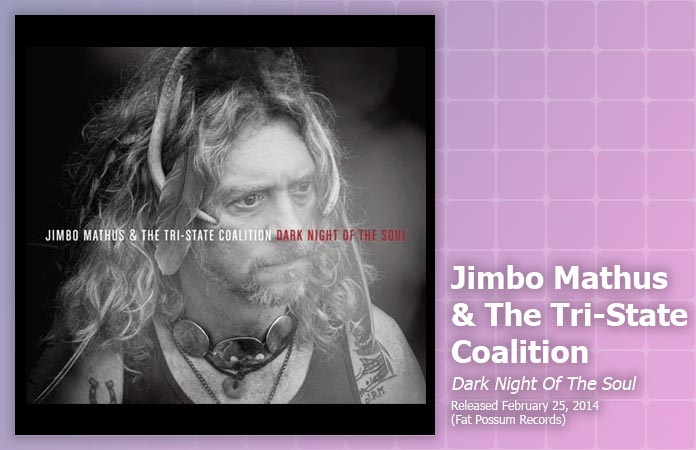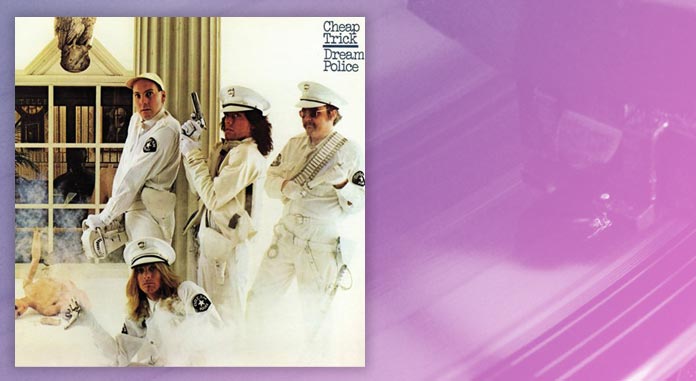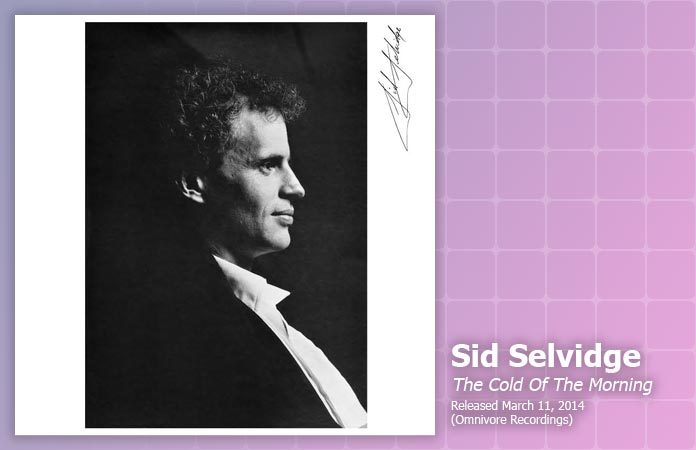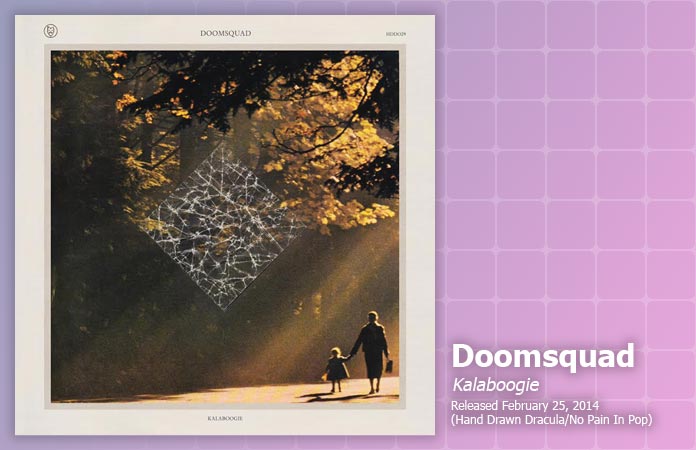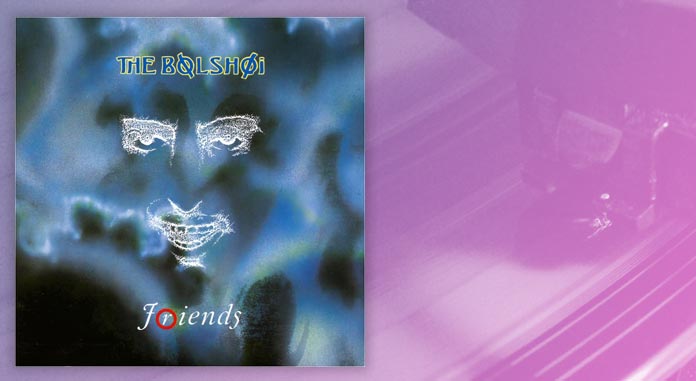Music Review: Foetus, Soak
Published on March 21st, 2014 in: Current Faves, Music, Music Reviews, Reviews |For another perspective on Soak, check out Julie Finley’s review from December 2013.
“I can’t control the wind and rain, but I control the thermostat.”
—From “Kamikaze”
The newest Foetus release, Soak, is a companion album to a previous release, in this case, 2011’s Hide (review). (Calling it Seek would have been way too obvious for a guy like JG Thirlwell. You have to work for it.) And like 2006’s Damp (itself a companion to the previous year’s Love), it’s something of a Foetus sampler and not a straightforward “album” in Foetus terms. It’s also the first Foetus release in a long time that I didn’t love immediately. This is not to say that it’s a bad album—far from it—but it takes a bit more time to sink in. Despite being so obviously a Thirlwell production (could he be mistaken for anyone else ever?) the songs are all quite varied in sound and scope with the connections between them slowly revealing themselves to be sly and subtle.
Waxing Nostalgic: In Front of a Live Audience
Published on March 21st, 2014 in: Listicles, Music, Top Five Lists, Waxing Nostalgic |I’ve talked to people who can’t get into live albums. The recording is rarely clean. The crowd noise can be a distraction. It’s obvious when someone screws up. They don’t like to hear the in-between song banter.
I understand how those things could detract from one’s enjoyment of the music, but man, when a live album is done right, it’s pure dynamite. That aural snapshot of a band at a specific point in time fascinates me. It’s a time capsule. When the crowd is into it, clapping and screaming at all the right times, a live album is truly the next best thing to being there.
In chronological order, here are some live albums from older artists that stay on rotation in my personal earholes.
Music Review: Suzanne Vega, Tales From The Realm Of The Queen Of Pentacles
Published on March 21st, 2014 in: Current Faves, Feminism, Music, Music Reviews, Reviews |Suzanne Vega is one of the few survivors of the Great Folk Uprising of the Eighties. Her career hit its heights with her single, “Luka,” which was later covered by The Lemonheads. The British producing team, BNA, turned her a capella tune, “Tom’s Diner,” into an international dance hit. You know. “Doo do doo DO doo do-doo DO.” That one.
As it happens with some artists, as Vega matured as a performer and songwriter, her presence on the music charts decreased. Some of her best works went practically unnoticed (why people never caught onto her album Songs in Red and Gray is one of the great mysteries of our time).
After a seven-year break, Vega is back with Tales from the Realm of the Queen of Pentacles, a fascinating mix of bitterness and release, spirituality and despair.
Music Review: Various Artists, Warfaring Strangers: Darkscorch Canticles
Published on March 21st, 2014 in: Current Faves, Music, Music Reviews, Retrovirus, Reviews |The earth is scorched and jagged, and at night the wolves come. The Christian gods have come to battle the Elder gods for supremacy, but that war has yet to be won. Every move could be your last, for the land is beset with traps. This is a land of magick and superstition. This is where the arcane is commonplace. This is a land filled with thieves and sorcerers, warriors and demons. This is the 1970s.
This is the strange world of Warfaring Strangers: Darkscorch Canticles, a collection of 16 rock and roll songs, plucked from the dank dungeons of obscurity by record label Numero Group. Every song is based in a quasi-Tolkienesque fantasy world, easily recognizable to anyone familiar with Dungeons & Dragons or other such tabletop games. In fact, the double vinyl edition comes with its own RPG called “Cities of Darkscorch.”
Music Review: Jimbo Mathus & The Tri-State Coalition, Dark Night Of The Soul
Published on March 21st, 2014 in: Current Faves, Music, Music Reviews, Reviews |As the leader of the Squirrel Nut Zippers, Jimbo Mathus trafficked in swing, Delta blues, klezmer, and Dixieland jazz, blending them to make something not easily defined, but easily identified. On his own, Mathus makes music that draws upon his rich musical knowledge and is deeply rooted in the South.
They say you can’t judge a book by its cover, but you can often judge a record by its cover art. Dark Night Of The Soul sports a photo of Mathus in full pagan swamp god regalia, complete with horns and feathers in his hair. The album sounds like that, and that’s really a very good thing.
Music Review: Catch The Throne Mixtape
Published on March 21st, 2014 in: Music, Music Reviews, Reviews, TV |In its fourth season, Game of Thrones has become an all-conquering behemoth, awaited with baited breath by millions around the world ready to tune into HBO or cheekily pirate it shortly after it airs in order to ravenously devour the sumptuous look, dense plotting, and layered characters.
Most of these millions are, however, Caucasian, with HBO estimating over 75 percent of the show’s viewers being White. There is clearly a market to still be tapped into, despite the runaway success of the program. Hence we now have the latest in a series of pre-season hype-making mix tapes, Catch The Throne. Whilst previous season-priming mixtapes were mixed by the likes of The National or Wilco—shoegazing White indie—this time, HBO has enlisted none other than Big Boi, better known as one half of Outkast, in a blatant attempt to attract Black and Latino viewers with a combination of hip-hop, samples, and quotations from the show.
The result is sporadically brilliant, funny, clever, trivial, and idiotic in equal measure.
Waxing Nostalgic: Cheap Trick, “Dream Police”
Published on March 14th, 2014 in: Music, Waxing Nostalgic |It’s difficult to gauge just how popular Cheap Trick really got. Even though their live version of “I Want You to Want Me” hit the top ten and the album At Budokan sold millions, most people seem to think of them as “those guys that did that one song.”
Music Review: Sid Selvidge, The Cold Of The Morning
Published on March 14th, 2014 in: Music, Music Reviews, Retrovirus, Reviews |By Cait Brennan
The great Memphis folk blues legend Sid Selvidge, who we lost last year, left us so much treasure that it almost seems criminal to try to lay the “great lost masterpiece” idea on him. While he surely didn’t get all the recognition he deserved in his lifetime, most everything he brought us was its own masterpiece. But The Cold Of The Morning, his long-unavailable 1976 album, just might be his finest.
Music Review: Doomsquad, Kalaboogie
Published on March 14th, 2014 in: Canadian Content, Current Faves, Music, Music Reviews, Reviews |It takes a certain amount of balls to name your band Doomsquad. It sets up myriad expectations. What kind of music do you expect when you hear that name? Totalitarian anthems, denouncing self and praising the Motherland? Some heavy-handed comic book villainy? Angry Norsemen with long hair and corpse paint?
Wrong. Try again.
Waxing Nostalgic: The Bolshoi, “Books on the Bonfire”
Published on March 7th, 2014 in: Music, Waxing Nostalgic |There was always an undercurrent of darkness beneath the neon veneer of the Eighties. We just weren’t sure how to label it. We had Gothic music, we had dark alternative, we had the beginnings of darkwave, but those left a pretty wide berth. We had to listen to music without necessarily putting a label on it.
I wish we did that more often, now.
